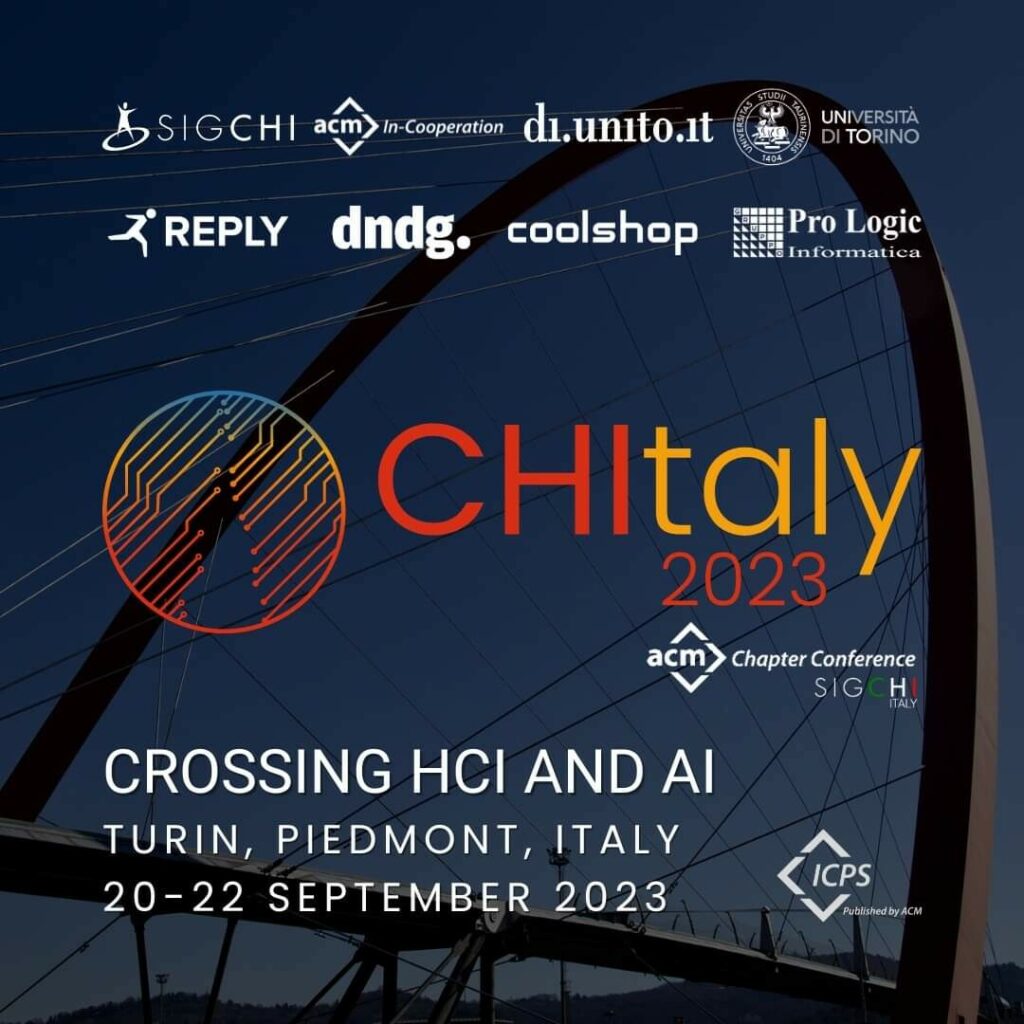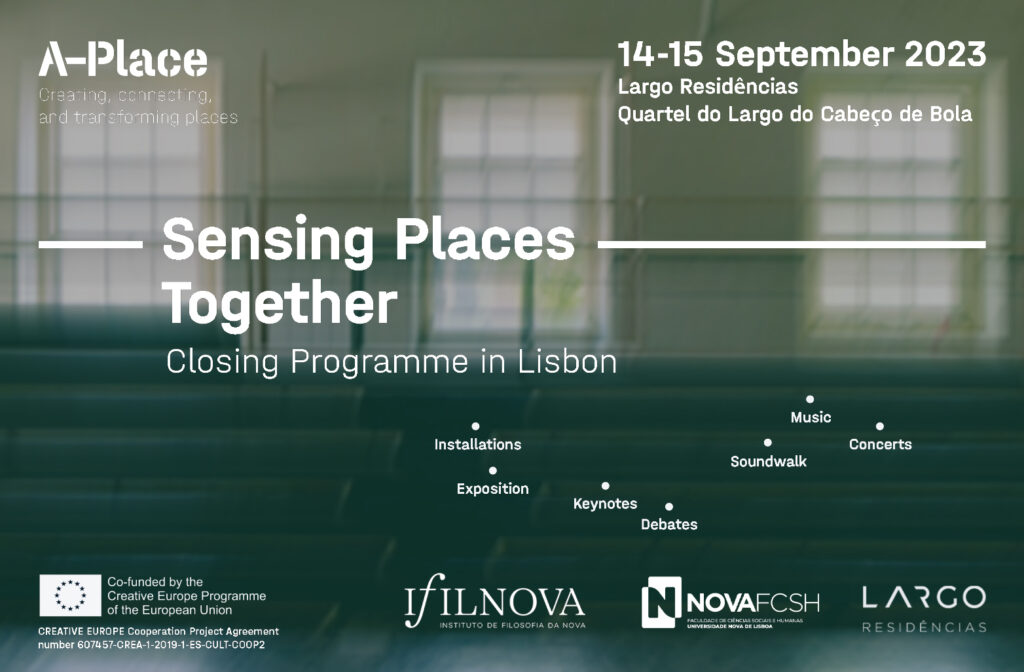When fact‐checks go viral: a cross‐national analysis of the dissemination of European fact‐checkers on Twitter

Dates: 29/11/2023 – 30/11/2023
Venue: Dubrovnik Media Days 2023
Speakers: Lorenzo Federico, Mariavittoria Masotina
To be effective in countering misinformation, it is paramount for fact-checkers to reach a wide audience. This study investigates the dynamics that lead to broader engagement with fact-checking content published on social networks.
Transparency is Crucial for User-Centered AI, or is it? How this Notion Manifests in the UK Press Coverage of GPT

Transparency is a core principle for a user-centered AI present in all recent regulatory initiatives. Is it equally present in the public discourse?
Transparency is Crucial for User-Centered AI, or is it? How this Notion Manifests in the UK Press Coverage of GPT

20/09/2023 – 22/09/2023 Venue: CHItaly 2023 Speakers: Mariavittoria Masotina Transparency is a core principle for a user-centered AI present in all recent regulatory initiatives. Is it equally present in the public discourse? In this study, we focus on a type of AI that reached the media, i.e., GPT. We collected a corpus of national newspaper […]
Leveraging argumentation for impartial fact-checking

15/09/2023 Venue: IFILNOVA Speakers: Elena Musi In the current (mis)information ecosystem, the lack of impartiality is frequently used as an argument to attack the credibility of news media venues, as well as to undermine the trustworthiness of fact-checkers. The impartiality of news, regardless the source, in a polarized social media world, is not common ground […]
Fuzzy clustering of spatial interval-valued data

In questo articolo realizzato in collaborazione con il Dipartimento di Scienze Sociali ed Economiche dell’Università La Sapienza, sviluppiamo un algoritmo di classificazione di unità che sono caratterizzate utilizzando il massimo e minimo di determinati attributi insieme ad una rete di relazioni di adiacenza. Come parte del progetto LATIF, proviamo questo algoritmo su dati riguardanti l’attività […]
LATIF survey – invitation to participate

In the LATIF project we are trying to build a digital tool to help journalists and fact-checkers being impartial in verifying information
Impartiality and cognitive bias in the fact-checking process: an overview

The lack of impartiality is increasingly used as an argument to attack the credibility of news media outlets, as well as to undermine the trustworthiness of fact-checkers. The impartiality of news, regardless of the source, in a polarized social media world, is not common ground knowledge, but it constitutes a standpoint that has to be […]
Let’s argue with artificial intelligence: an argumentative approach to map the issue of impartiality in digitalized news production

4/07/2023 – 7/07/2023 Venue: ISSA 2023 Speakers: Elena Musi News organizations are constantly attacked with accusations of lack of impartiality, but a shared understanding of the notion is missing. Combining corpus analysis with a focus group with practitioners, we unpack the impartiality conundrum, distinguishing its scope over the news product and the newsmaking process. The […]
Enjoy our focus group – 21st June and 22nd June 2023

In the frame of the EMIF funded project “Leveraging argument technology for impartial factchecking”, we are working on eliciting standards for impartiality and build a user-friendly digital tool to help fact-checkers in the process of information verification
LATIF Dissemination and Communication strategy

The objective of the deliverable is to outline the strategy for dissemination and communication activities carried out during the project. The deliverable covers four main aspects of the strategy and is structured addressing the different aspects that a communication plan may focus on: the strategy from the project to the external audience, the basis for […]